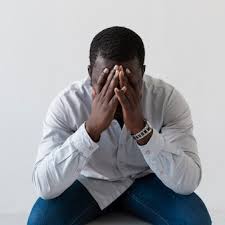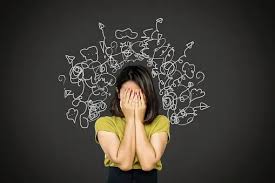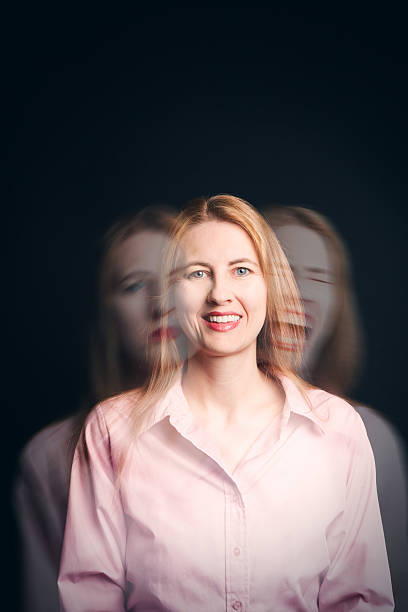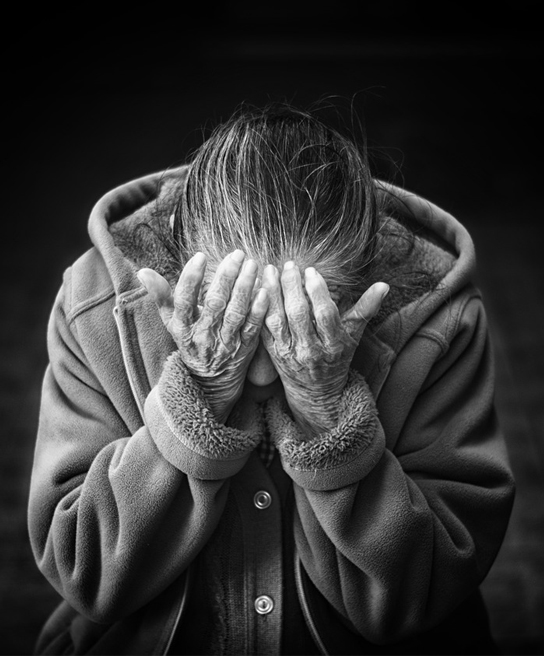Conditions

Depression
Depression is a state of low mood and aversion to activity that can affect a person’s thoughts, behavior, feelings, and sense of well-being. A depressed mood is a normal temporary reaction to life events such as loss of a loved one. It is also a symptom of some physical diseases and a side effect of some drugs and medical treatments.If you are having any of the symptoms below, you may be experiencing depression:
Psychological symptoms
The psychological symptoms of depression include:
- continuous low mood or sadness
- feeling hopeless and helpless
- having low self-esteem
- feeling tearful
- feeling guilt-ridden
- feeling irritable and intolerant of others
- having no motivation or interest in things
- finding it difficult to make decisions
- not getting any enjoyment out of life
- feeling anxious or worried
- having suicidal thoughts or thoughts of harming yourself
Physical symptoms
The physical symptoms of depression include:- moving or speaking more slowly than usual
- changes in appetite or weight (usually decreased, but sometimes increased)
- constipation
- unexplained aches and pains
- lack of energy
- low sex drive (loss of libido)
- disturbed sleep – for example, finding it difficult to fall asleep at night or waking up very early in the morning
Social symptoms
The social symptoms of depression include:- avoiding contact with friends and taking part in fewer social activities
- neglecting your hobbies and interests
- having difficulties in your home, work or family life
Anxiety
Anxiety disorders are a group of mental disorders characterized by significant feelings of anxiety and fear. Anxiety is a worry about future events and fear is a reaction to current events. These feelings may cause physical symptoms, such as a fast heart rate and shakiness.

Attention Deficit Hyperactivity Disorder (ADHD)
Attention deficit hyperactivity disorder (ADHD) is characterized by problems paying attention, excessive activity, or difficulty controlling behavior which is not appropriate for a person’s age. The symptoms appear before a person is twelve years old, are present for more than six months, and often lasts into adulthood. In children, problems paying attention may result in poor school performance. Although it causes impairment, particularly in modern society, many children with ADHD have a good attention span for tasks they find interesting.Autism
Autism is a developmental disorder caused by troubles with social interaction and communication and by restricted and repetitive behavior. Parents usually notice signs in the first two or three years of their child’s life. These signs often develop gradually, though some children with autism reach their developmental milestones at a normal pace and then worsen. Early speech or behavioral interventions can help children with autism gain self-care, social, and communication skills.

Bipolar Disorder
Bipolar disorder, previously known as manic depression, is a mental disorder that causes periods of depression and periods of elevated mood. The elevated mood is significant and is known as mania or hypomania, depending on its severity, or whether symptoms of psychosis are present. During mania, an individual behaves or feels abnormally energetic, happy, or irritable; individuals often make poorly thought out decisions with little regard to the consequences. The need for sleep is usually reduced during manic phases. During periods of depression, there may be crying, a negative outlook on life, and poor eye contact with others. The risk of suicide among those with the illness is high at greater than 6 percent over 20 years, while self-harm occurs in 30–40 percent. Other mental health issues such as anxiety disorders and substance use disorder are commonly associated.Post Traumatic Stress Disorder (PTSD)
It is natural to feel afraid during and after a traumatic situation. Fear is a part of the body’s “fight-or-flight” response, which helps us avoid or respond to potential danger. People may experience a range of reactions after trauma, and most will recover from their symptoms over time. Those who continue to experience symptoms may be diagnosed with post-traumatic stress disorder (PTSD).
PTSD is a disorder in which a person has difficulty recovering after experiencing or witnessing a terrifying event, such as a car accident, death, violence, abuse, war, poverty, natural disaster, or some other traumatic incident.
If you are having any of the following symptoms, you may be experiencing PTSD:
Re-experiencing symptoms
- Flashbacks—reliving the traumatic event, including physical symptoms, such as a racing heart or sweating
- Recurring memories or dreams related to the event
- Distressing thoughts
- Physical signs of stress
Avoidance symptoms
- Staying away from places, events, or objects that are reminders of the experience
- Avoiding thoughts or feelings related to the traumatic event
Arousal and reactivity symptoms
- Being easily startled
- Feeling tense, on guard, or on edge
- Having difficulty concentrating
- Having difficulty falling asleep or staying asleep
- Feeling irritable and having angry or aggressive outbursts
- Engaging in risky, reckless, or destructive behavior
Cognition and mood symptoms
- Trouble remembering key features of the traumatic event
- Negative thoughts about oneself or the world
- Exaggerated feelings of blame directed toward oneself or others
- Ongoing negative emotions, such as fear, anger, guilt, or shame
- Loss of interest in previous activities
- Feelings of social isolation
- Difficulties in feeling positive emotions, such as happiness or satisfaction


Grief and Loss
Losing someone or something you care about (perhaps a relationship or pet) can be painful and debilitating. It can make you stop right in your tracks and unable to function throughout your daily life. After such a loss, a wide range of emotions can run rapid through your body. It can feel overwhelming which emotion to get handle on first or how. At times, you may feel as if these feelings will never end. There is no one way to grieve but there is a healthy way to cope, heal, regain strength, and forge on. Different types of loss effect people in different ways:- A death
- Loss of goal, plan, or dream
- Loss of a friendship or relationship
- Losing a job
- Loss of a pet
- Loss of financial security
- Loss of safety




